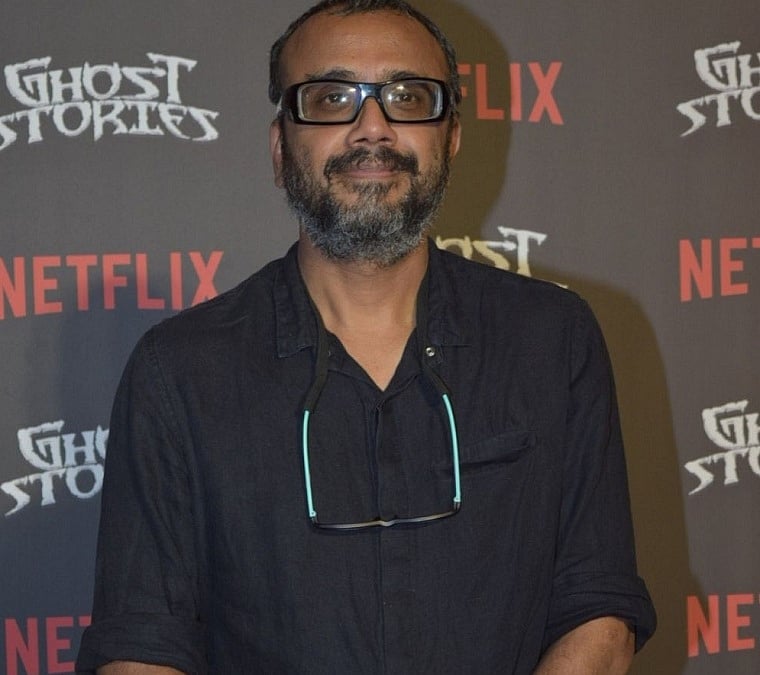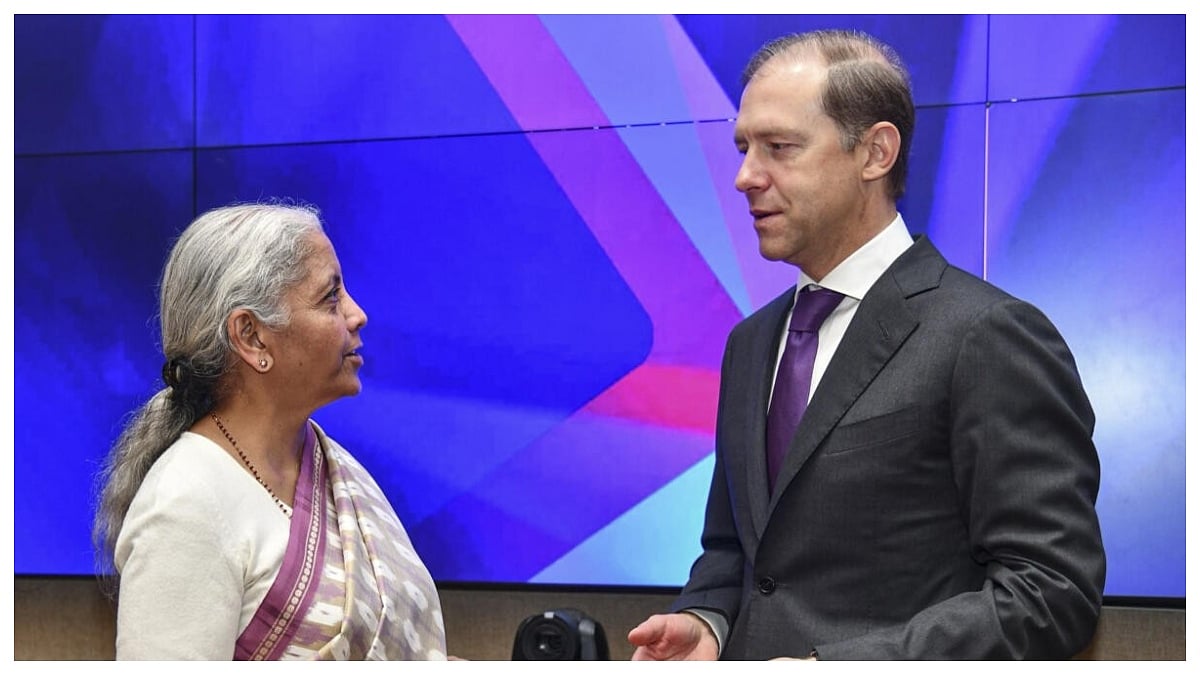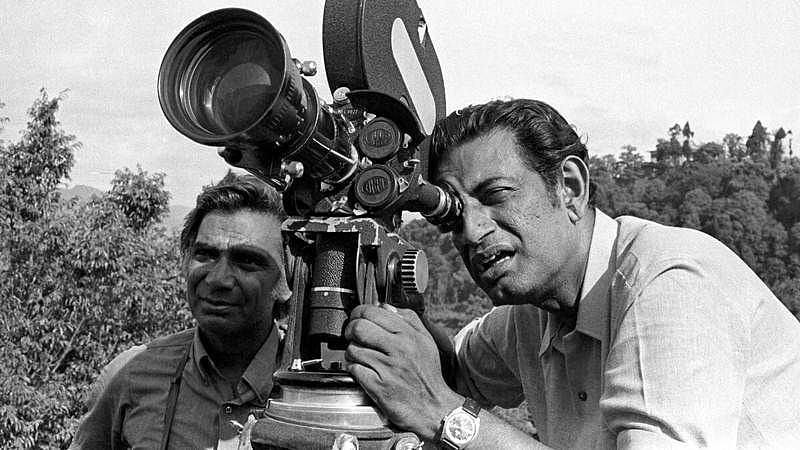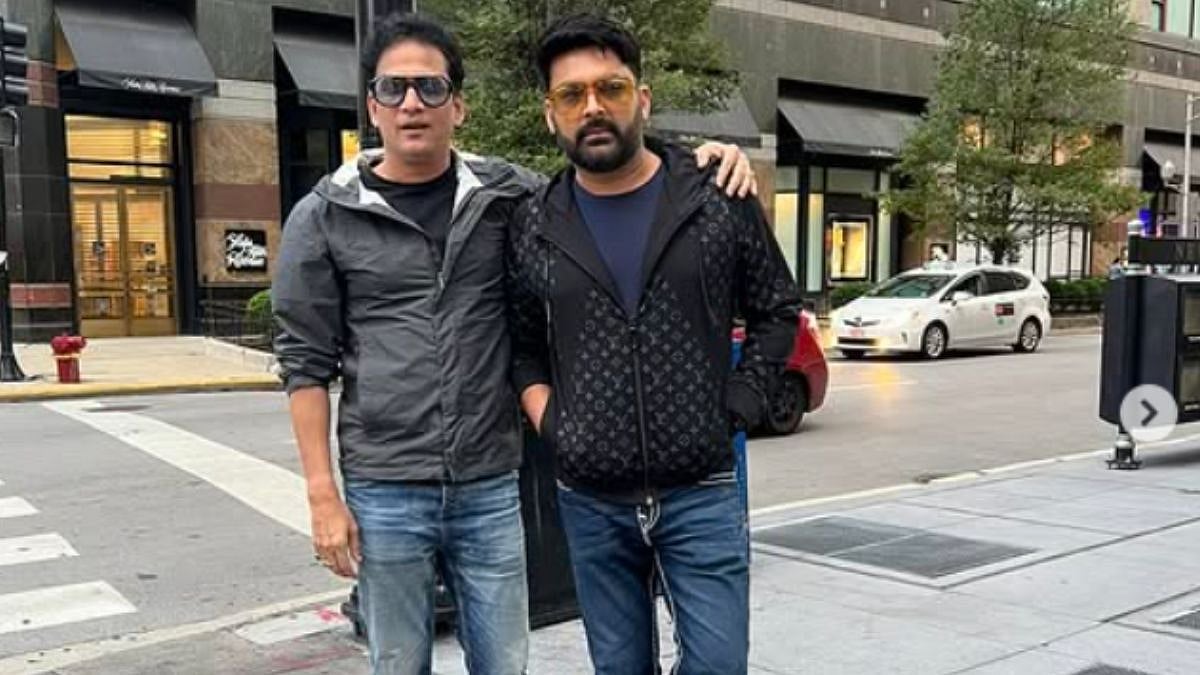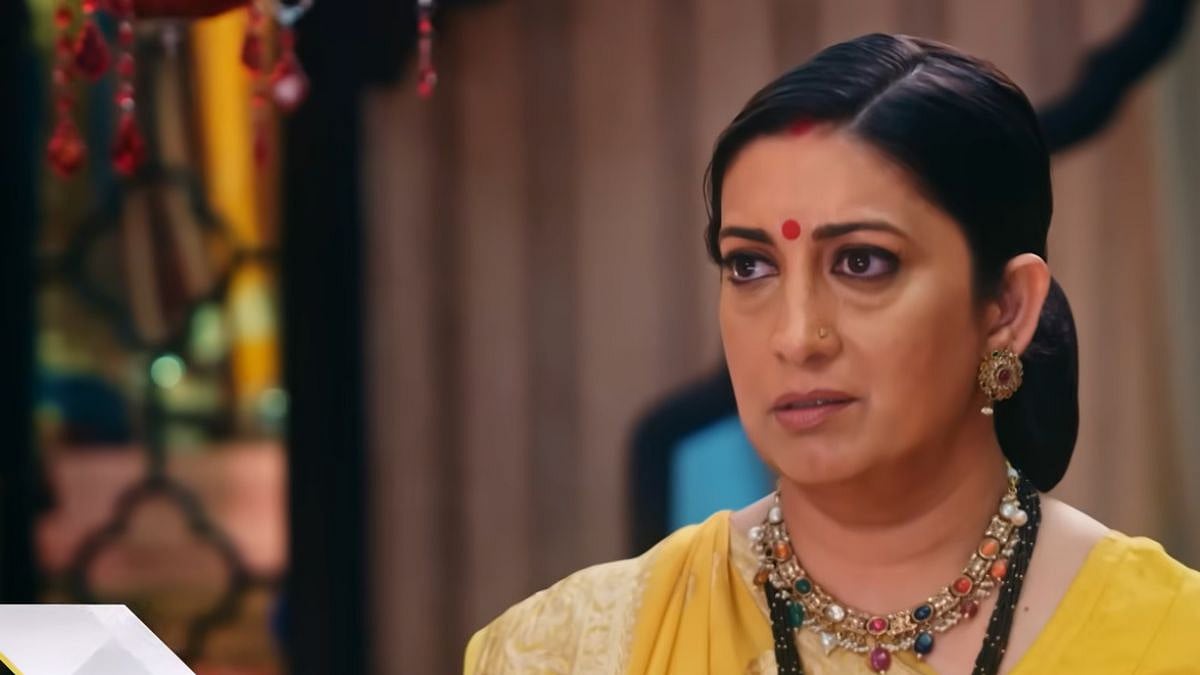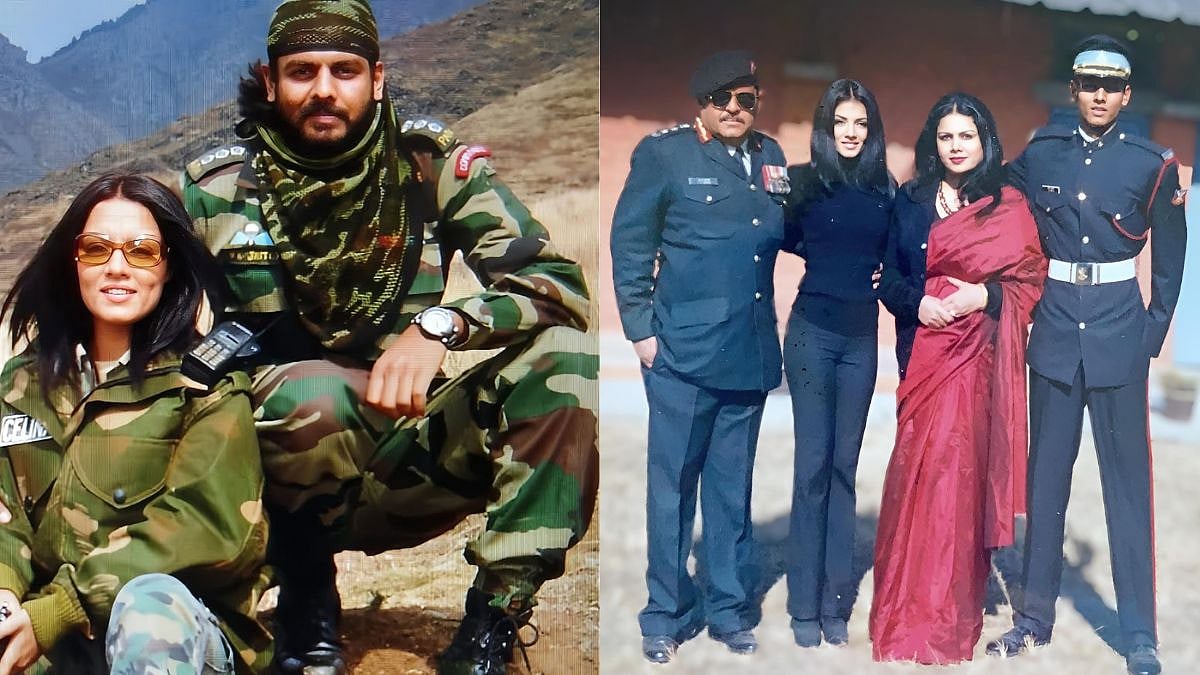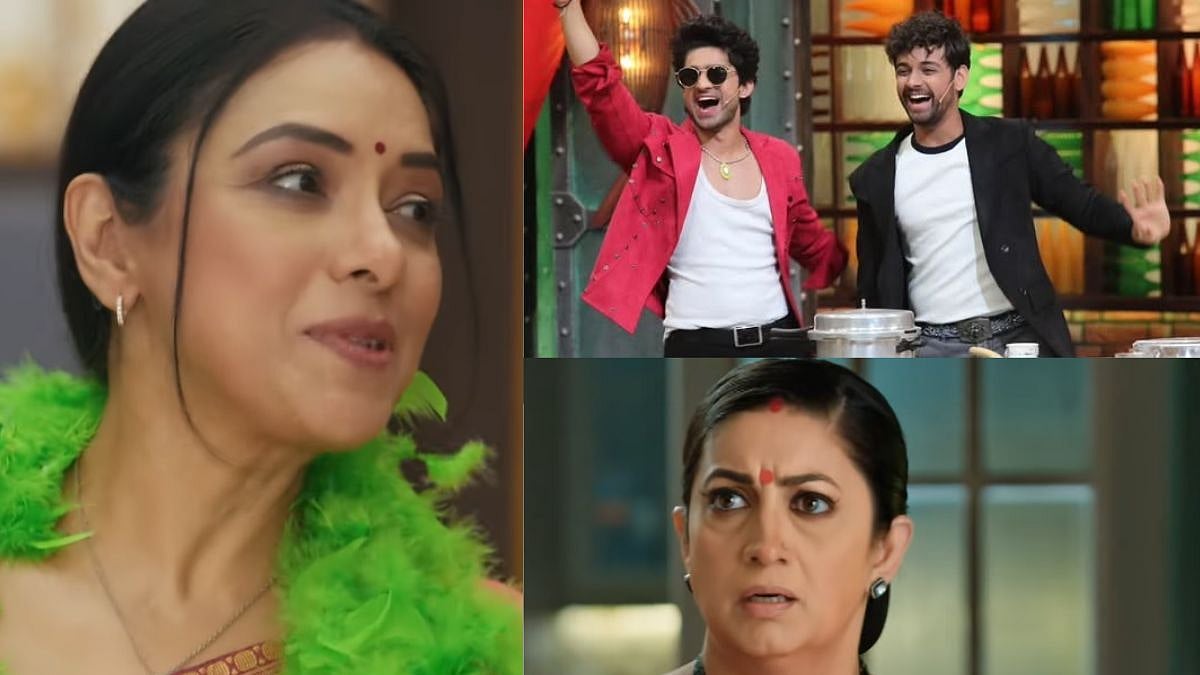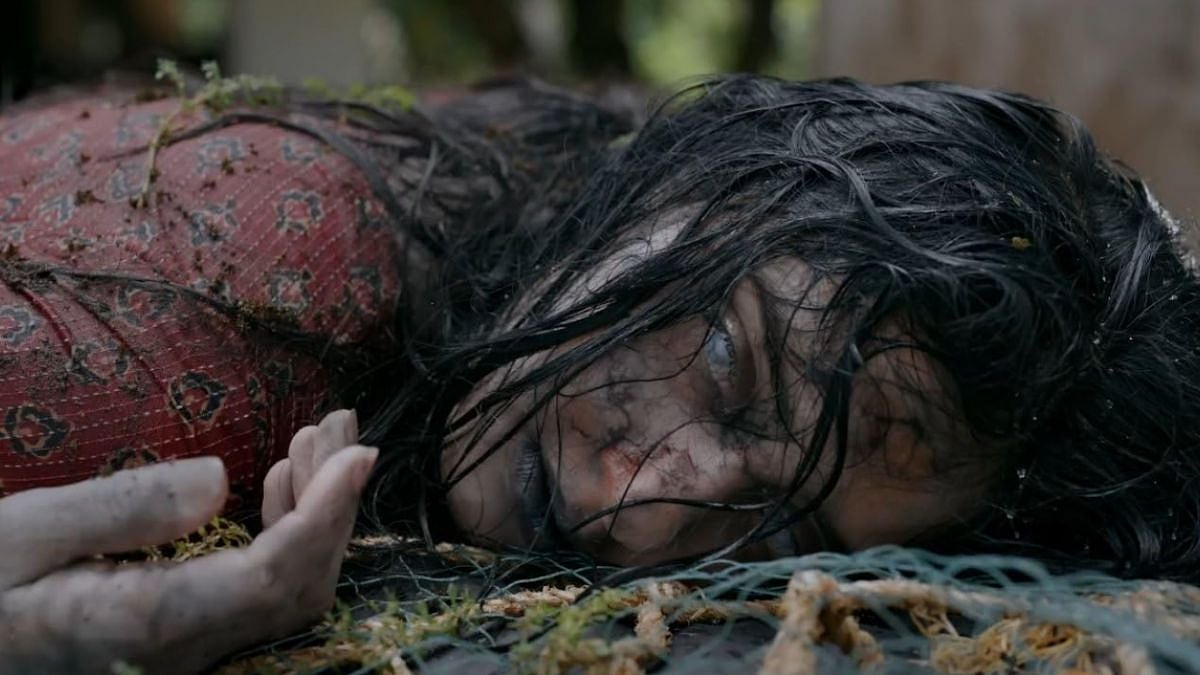As a probashi bangali — a Bengali child growing up in Delhi — I was far removed from the idol worshipping that Ray is subjected to in Bengal. In fact, it was his literature for pre-teens and teens that profoundly affected me. During Durga Puja, we would get his new books in the Feluda or Shonku series or whatever books that released that year. So, I knew him as a writer before I knew him as a filmmaker.
There were a few screenings in Delhi of his children’s movies, which most Bengali families would take their kids to, but I got introduced to his movies through Doordarshan when I was in my early teens, and these included Pather Panchali, Apur Sansar, Jalsaghar, Charulata, and I found them thoroughly entertaining. I remember a scene in Pather Panchali, which unfolds at a village shop. The village schoolmaster is having a conversation with the shopkeeper, and while talking, he casually and slyly pours some oil on his palm and starts putting it on his hair.

He didn’t buy the oil but went home with a well-oiled scalp! My mother, while watching the scene, had recounted how these kinds of occurrences were pretty normal in smaller towns. People would come and sit next to you, strike up a conversation, and then take pages from your newspaper and start reading. They won’t budge until they have finished reading the entire edition, without paying a single penny! I absolutely loved how Ray captured the mundane life around you so faithfully. His characters lived in a world already in motion. Maybe, this element comes in my films also, albeit unconsciously.
I am told by those close to me that I am always observing people. I am always a little detached. I am always looking for these small details around me. I think, when you want to say something that is provoking or engaging or shocking or something that will make people introspect, it is always better to put a sense of daily life, the normal goings-on of the world, around it. This way you can avoid the film from becoming too didactical, stilted, preachy or artificial. Ideology, just by itself, can’t be a film. Even if it is, it won’t be entertaining. Ideology needs to be alleviated and baked into a lifelike experience, which disarms the audience. The audience is sort of fooled into believing that what is happening is not a construct but something spontaneous that is unfolding right in front of them. It is this elusive quality of lifelikeness that Ray had mastered and every filmmaker chases, including me.
But, to me, more than his filmmaking, it is his understanding of the commercial aspect of cinema that has influenced me and I have truly taken my lessons from. He had said this repeatedly in his interviews that: My concern is to write a story and fund it so that the next year I can make that film, so that my team...who does the production, designing, costumes etc for my films, finds employment. Ray was the biggest example of making do. Living in Calcutta with the kind of primitive technological support that he had in the ’50s/ ’60s/ ’70s, he churned out films that were dripping with his belief and ideology. He made do with whatever resources that were available to him; he made optimum use of those. He has gone on record to say that, listen I make my films cheap, so that my producers can get their money back, so that I can get my next film. As a filmmaker, that is the biggest example I follow. I am not Ray, my head is different and my thoughts are different, my stature is different, my mental calibre is different; but where I follow a filmmaker like Ray is his ability to keep his thoughts as rooted in himself and his convictions while making do with everything else.
He had to write to keep the home fires burning. He had to take the editorship of his family magazine, Sandesh, in fact, his family has later admitted that the royalties from his writing jobs had helped the family survive. He didn’t make much money from his films and that is also because he would direct, design, often even compose the music and really multitask on the sets without allocating any remuneration to himself for the same.
And this is because he was working on limited and finite budgets. It is the biggest learning for me... that filmmaking is a trade and you have to survive financially. You have to feed your family, you have to put food on the table, you have to educate your children, while making films. Unfortunately, films take more money to be produced than a book or a painting and they also take more than one person. It involves an elaborate crew and it also takes a much longer time to make a film. Filmmaking is in fact, a techno-industrial enterprise and not just an art form. Here, you have to get your money back. Therefore, the economics of filmmaking is a big factor on how a filmmaker manipulates his creativity and his resourcefulness to bring the vision up to the screen and have it seen by enough people. As a filmmaker, you can’t afford to be too self- indulgent to get carried away by your vision.
—As told to Ananya Ghosh
